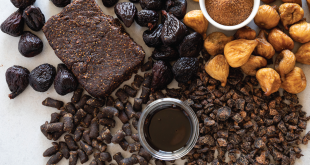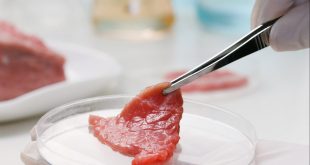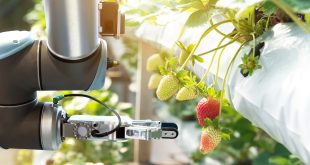Editor’s Note:
Along with exposing Canada’s food security and distribution issues, we all know that COVID-19 has impacted the restaurant and bar industry on a dramatic scale. Restaurants Canada estimates that 10,000 restaurants closed in 2020, resulting in approximately 800,000 job losses; if lockdowns continue, it’s estimated approximately 50 percent of restaurants could shut down. From what I’ve seen, I’d guess more.
Several organizations, including Restaurants Canada, are engaging in campaigns to support local businesses; delivery and pickup options have contributed to the survival of many restaurants, and retailers in general, although few can say they aren’t losing money, according to most reports.
To support those who work(ed) in the hospitality industry, Not9to5.org is a new online initiative, providing mental health resources and educational courses “to educate and empower hospitality workers and employers on mental health and substance use literacy and support skills.”
In the realm of food security, one of the people who is making a big difference in Canada is Lori Nikkel, CEO of Second Harvest (interviewed in the Spring 2019 issue of Canadian Food Business). In February, she was appointed as a member of the new Canadian Food Policy Advisory Council, established by Agriculture and Agri-Food Canada. The Canadian Food Policy Advisory Council is a key component of the Food Policy for Canada and brings together 24 experts and stakeholders from a variety of sectors, including the agriculture and food sector, health, academia and non-profit organizations.
As the CEO at Second Harvest, Canada’s largest food recovery charity, Nikkel led the recovery and redistribution of more than 22.3 million pounds of healthy, unsold food to non-profits across Canada in the last year. She was also named as one of the 2021 Women of Influence for her role in expanding the organization’s reach during times of need; a nationwide effort by Second Harvest provided approximately 62,000 meals per day. Nikkel also was a key player in the Surplus Food Rescue Program, which purchases surplus produce from farmers to be distributed to community groups such as shelters and school breakfast programs.
In times of crisis, when the community supports those in need, we all come out ahead. Thank you to everyone who is making a difference!
 Canadian Food Business
Canadian Food Business




